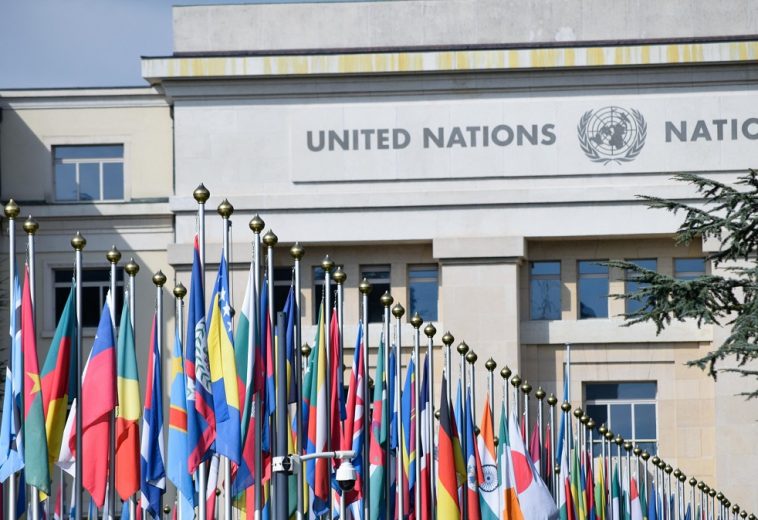For nature lovers, eco-tourists, and conservationists, Bioko Island offers a rare opportunity to experience one of Africa’s most unique ecosystems. As the largest territory of Equatorial Guinea, this hidden gem in the Gulf of Guinea is renowned for its remarkable biodiversity and stunning landscapes. This volcanic island boasts an extraordinary array of wildlife, rainforests, pristine beaches, and crystal-clear waters, making it an unspoilt natural paradise.
A Pristine Haven for Wildlife
Bioko Island’s diverse habitats, from dense rainforests to coastal plains, support an impressive range of species. Notably, the island is a critical sanctuary for some of the world’s most endangered primates. It is home to seven primate species, five of which are found nowhere else. Among these, the critically endangered Bioko red colobus monkey and the endangered Bioko drill are particularly notable.
The Bioko red colobus is especially vulnerable due to hunting and habitat loss. Conservation organisations, such as the Bioko Biodiversity Protection Program (BBPP), are striving to protect this species from extinction. Recent studies indicate that the red colobus population has declined by over 60% in the past decade, highlighting the urgent need for conservation efforts.
Birdwatchers also find Bioko to be a paradise, with over 150 bird species, including the endemic Fernando Po speirops. The island’s rainforests and coastal areas create an ideal environment for a variety of birdlife, from colourful parrots and kingfishers to rare raptors.
Marine Life and Turtle Conservation
The waters surrounding Bioko Island are as biologically rich as its land. Its beaches are vital nesting grounds for several species of sea turtles, including the green, leatherback, and hawksbill turtles. These turtles migrate to Bioko’s shores between November and February to lay their eggs, making the island one of the most important nesting sites in West Africa.
Conservation initiatives, such as the BBPP’s sea turtle monitoring programme, have significantly improved turtle survival rates. Local communities and conservationists have established turtle protection camps to patrol nesting sites and protect eggs from poachers.
In addition to sea turtles, the surrounding waters are home to vibrant coral reefs that support a wide range of marine life, including fish, rays, and sharks. The World Wildlife Fund (WWF) emphasises the importance of Equatorial Guinea’s marine ecosystems in maintaining biodiversity in the Gulf of Guinea, though these ecosystems are increasingly threatened by overfishing and pollution.
Threats and Conservation Efforts
Despite its pristine beauty, Bioko Island faces significant environmental challenges. Deforestation, illegal hunting, and the impacts of climate change are taking a toll on the island’s ecosystems. Agricultural expansion, logging, and infrastructure development have led to substantial habitat loss, particularly in the rainforests. According to Global Forest Watch, Equatorial Guinea lost approximately 44,000 hectares of forest between 2001 and 2020, much of it on Bioko.
Hunting, particularly for bushmeat, poses a grave threat to the island’s primate populations. Conservationists estimate that bushmeat hunting is unsustainable and has pushed several species, including the Bioko red colobus, to the brink of extinction. In response, the Bioko Biodiversity Protection Program is working with local communities to raise awareness and reduce hunting pressures.
Climate change presents another significant threat, especially to Bioko’s coastal areas. Rising sea levels and more intense storms are affecting the island’s beaches, which are critical nesting sites for sea turtles. Furthermore, coral bleaching caused by warming ocean temperatures is endangering the island’s marine ecosystems.
READ ALSO: How African Fashion is Redefining Global Fashion Trends
Eco-Tourism: A Sustainable Future
As global awareness of conservation grows, eco-tourism is emerging as a key strategy for preserving Bioko’s natural beauty. By promoting sustainable tourism, Bioko has the potential to generate revenue while protecting its ecosystems. Eco-lodges and guided nature tours offer alternatives to activities like logging and hunting, allowing visitors to experience the island’s biodiversity responsibly.
Local communities are playing an increasingly active role in conservation and eco-tourism. Programmes that encourage wildlife protection and sustainable practices are not only preserving Bioko’s ecosystems but also creating new economic opportunities for its residents.
With continued support from international conservation organisations and local stakeholders, Bioko Island could become a leading eco-tourism destination in Africa. Its unique combination of primate sanctuaries, birdwatching opportunities, marine life, and tropical landscapes makes it an ideal location for nature enthusiasts.




